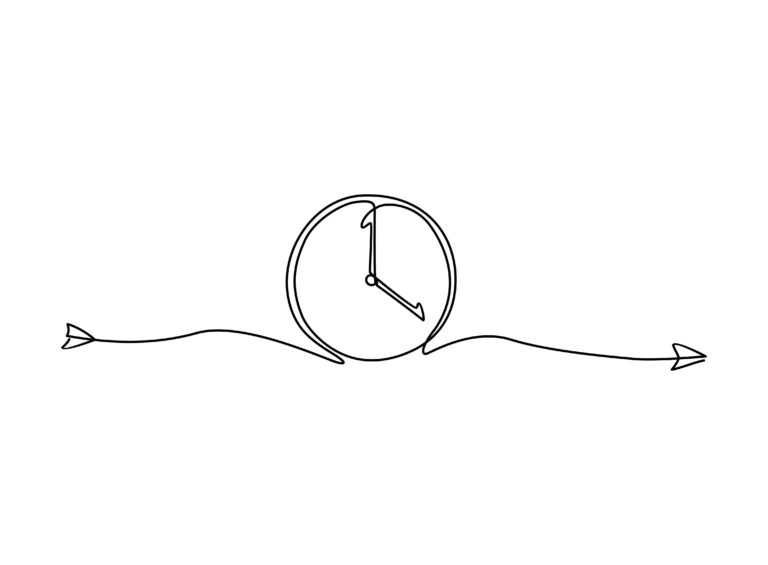After you hit 40, something surprising happens to your voice that many people don’t expect. It’s not just about getting older and feeling different—it’s that your voice actually changes in a noticeable way.
The main reason behind this change is what happens inside your throat, specifically with your vocal cords and the larynx (also called the voice box). As you age past 40, the vocal cords start to get thinner. At the same time, the cartilage around them becomes harder and less flexible. This combination means your vocal cords don’t vibrate quite like they used to when air passes through them from your lungs.
For men, this often causes their voices to become higher pitched than before. For women, it can mean their voices get a bit lower. So if you’re a man who used to have a deep voice or a woman whose voice was on the higher side, you might notice these shifts as time goes on.
But it’s not just pitch that changes—your voice might also sound weaker or shakier. This happens because muscles in the larynx lose some strength with age. Sometimes this leads to what’s called “vocal tremors,” where your voice quivers unexpectedly when you speak or sing.
Other parts of aging also play a role: posture tends to stoop slightly as we get older and lung capacity decreases too. Less air flowing through means less power behind your words and sounds, making it harder for you to project or hold notes if singing.
These changes are natural but can feel shocking if they sneak up on you without warning—one day you’re speaking normally; then suddenly friends comment that something sounds different about how you talk.
If these shifts come with hoarseness lasting more than three weeks or pain when talking, it could be more than just aging—it might be signs of inflammation like laryngitis or even growths such as vocal nodules caused by overuse or irritation from acid reflux.
Taking care of yourself helps keep your voice healthier longer: staying hydrated, avoiding yelling too much, managing acid reflux if present, and seeing an ear-nose-throat specialist if problems persist are good steps.
So after 40? Your once familiar sounding voice may surprise both others—and yourself—with its new tone and texture thanks to nature’s slow remodeling inside your throat.





